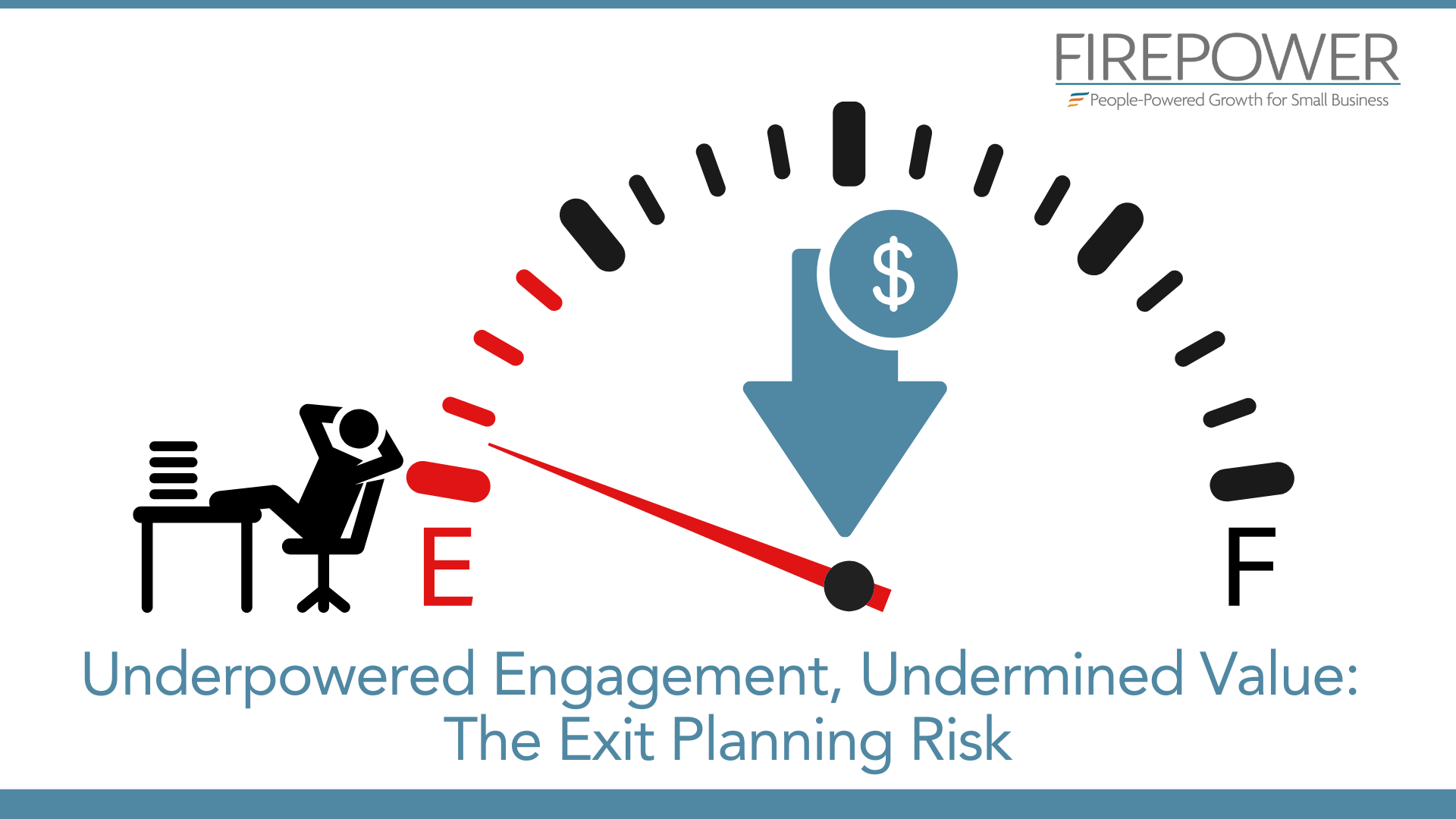7 Ways to Make Your Company More Resilient
By Maria Forbes, FIREPOWER Teams
June 5, 2020

7 Ways to Make Your Company More Resilient
Your company is bound to experience a period of hardship at some point. It may shatter its sales record one year, only to experience a period of sales stagnation the following year. If your company is resilient, though, it will quickly bounce back to become stronger than before.
Resiliency reflects your company’s ability to recover from a crisis. During a crisis, your company and its employees will be tested. Resiliency simply refers to the ease and quickness at which your company recovers from a crisis. So, how can you make your company more resilient?
#1) Conduct a SWOT Analysis
Conducting a strengths, weaknesses, opportunities and threats (SWOT) analysis now can better prepare for your company for crises in the future. A form of strategic planning, it provides insight into the aforementioned areas of your company. During a SWOT analysis, you’ll identify your company’s strengths, weaknesses, opportunities and threats. You can then apply this knowledge to improve your company’s performance and increase its resiliency.
#2) Lead By Example
You can’t expect employees to perform a task – not just accurately but also efficiently – unless you show them how it’s done. As a leader, it’s your job to set an example for your company’s employees to follow.
Employees will observe your actions, and most of them will follow in your footsteps, regardless of whether you tell them to. Leading by example means performing tasks in the same accurate and efficient way that you want your company’s employees to perform them. As employees see you perform a task, they’ll take note.
#3) Nurture Top-Performing Employees
Nurturing your company’s top-performing employees can make it more resilient. What does nurturing mean exactly? It’s a human resources tactic that involves giving an employee the space, freedom and tools he or she needs to professionally grow.
Nurturing your company’s top-performing employees will lower the chance of them quitting. At the same time, it will maximize their productivity so that they can help your company bounce back after a period of hardship.
#4) Reinforce Positive Habits
Another way to make your company more resilient is to reinforce positive habits in employees. When an employee excels at performing a given task, for instance, let him or her know. Employees don’t always know when they perform a task correctly. By telling the employee, “You did a great job today. Keep it up!,” he or she will be reassured. In turn, the employee may play a vital role in your company’s recovery during and after a crisis.

#5) Foster a Low-Stress Workplace
If your company’s workplace is plagued by stress, it could buckle under the pressure of a crisis. Stress takes a toll on employees in more ways than one. As an employee’s stress levels rise, he or she may become less productive. Research shows that over four in 10 workers are less productive when stressed. Other studies have found that workers are more likely to quit their job when stressed.
Perhaps the biggest problem posed by a stressful workplace is the negative impact it has on your company’s resiliency. If employees are stressed now – when your company is doing well – they’ll likely feel more stressed during a crisis. Therefore, you should foster a relaxing, low-stress workplace to increase your company’s resiliency.
#6) Encourage Creativity and Innovation
Don’t forget to encourage creativity and innovation among your company’s employees. Depending on the particular type of crisis your company faces, it may require some out-of-the-box thinking to overcome. If your company’s employees are creative and innovative, their talent can prove invaluable in your company’s recovery efforts. Unfortunately, many employers fail to encourage creativity and innovation among their employees. They use a restrictive and linear method of training that discourages creativity and innovation, resulting in lower resiliency for their respective company.
#7) Create an Emergency Response Plan
Assuming your company doesn’t already have, you should consider creating an emergency response plan. Hope for the best but prepare for the worst is an adage by which all successful business owners live. With an emergency response plan in place, you’ll have a roadmap to recovery if and when your company experiences a crisis.
An emergency response plan, of course, is a set of guidelines that denotes how your company will respond to a crisis. It’s designed to mitigate the harmful effects of a crisis by providing you and your company’s employees with instructions on how to respond to a crisis. You can create a separate emergency response plan for each possible crisis your company may encounter, or you can bundle them all together in a single emergency response plan.
Companies of all shapes and sizes will experience periods of hardship; it’s just something that comes with the territory of running a commercial enterprise. As long as your company is resilient, though, it will recover while potentially being stronger and more successful than before.




